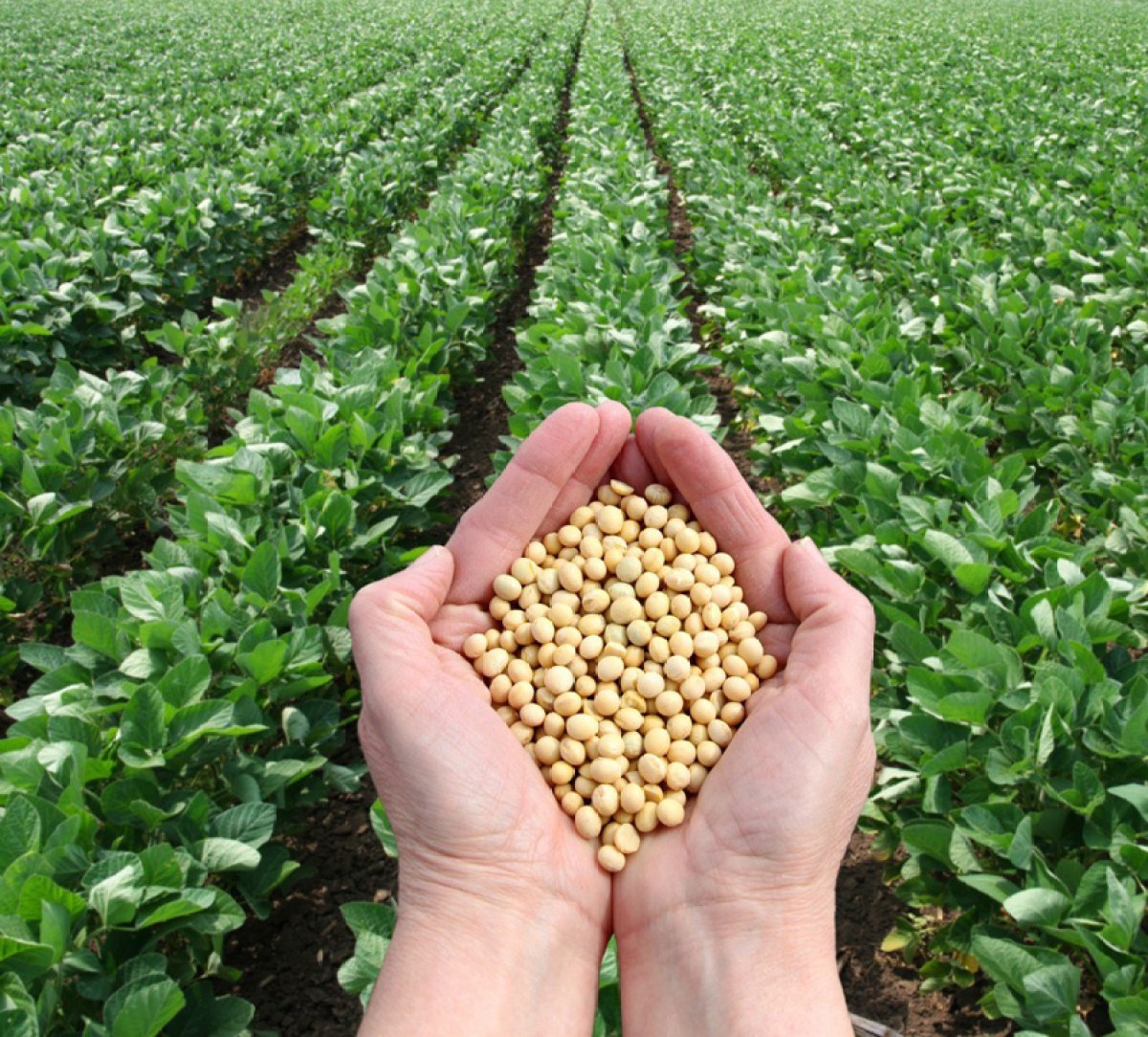China’s tariff threats on Australian barley force farmers to pause mid-planting
Australian grain farmers have stopped sowing
barley mid-stream in some paddocks as they brace for lower prices
and the prospect of losing a major market in a brewing trade
storm.
At the weekend, farmers were told by Australian grain groups
that China was proposing to place tariffs on barley imported from
Australia as a result of an 18 month anti-dumping and
countervailing duties investigation.
The tariffs, which grain groups said could total up to 80 per
cent, threaten the viability of the $1.5 billion barley trade
into China.
About 88 per cent of Australia’s barley exports to China come
from Western Australia, and some growers in that state were now
changing their cropping plans mid-way through seeding.
Farmers move augers into wheat
Alan Sattler, who farms at Beverley and Kellerberrin in the
WA Wheatbelt, has sown most of his barley crop already, said he
would switch away from barley and into wheat for some paddocks
yet to be sown.
“At Beverley, we had 250 hectares of barley pegged — we’ll
drop that out and go to wheat,” he said.
“Who knows what’s going to happen, but we’re changing it
purely on speculation that the price of barley might drop.”
Mr Sattler said he was optimistic the barley trade into China
may be resolved by harvest time, and he believed a feed market
for WA barley into the east of Australia would also help keep
prices up, but farmers around him were reacting.
“A fella I saw today tweeted if you’re sitting on the front
porch this morning, ‘You would have heard 3,950 augers being
transferred from barley to wheat,'” he said.
Millions at stake in trade tensions
Western Australia’s Agriculture Minister Alannah MacTiernan
said the state’s dominant share of the barley trade with China
meant its growers were in the “firing line” of tensions between
Canberra and Beijing.
Ms MacTiernan said the imposition of tariffs on Australia
barley exports to China would cost WA growers “hundreds of
millions of dollars a year”.
She argued it was incumbent on Prime Minister Scott Morrison
and Trade Minister Simon Birmingham to head off the tariffs,
based on China’s concerns about the Australian diesel fuel rebate
and drought support.
“To be honest, a couple of months ago we had some thought
that we were going to be successful,” Ms MacTiernan said.
“A very, very strong case has been put by the traders and by
DFAT [Department of Foreign Affairs and Trade] really answering
all of the claims and, I think, pretty clearly establishing that
there is no case for dumping, nor case for arguing that barley is
being subsidised.”
Asked whether she thought China was threatening tariffs in
retaliation for Mr Morrison’s call for an inquiry into the origin
and spread of the coronavirus, Ms MacTiernan said: “Everyone is
in the same position as I am in terms of ability to judge that.”
“I think it is really important for us to maintain good
relationships with all of our trading partners and, of course, WA
is very exposed on all fronts,” she said.
Grain prices will fall
Grain Trade Australia chief executive Pat O’Shannassy said
while the tariffs were not imposed yet, there were big
consequences at stake.
“If we do end up with the tariffs that have been indicated,
that would effectively halt the export of barley to China as we
know it to date,” he said.
“There would be impacts in China as well as in Australia,
noting of course that there will be other origins that China
will look to [for barley], but there has been a strong
relationship particularly around the quality of malt barley in
China.”
Mr O’Shannassy said barley prices had been supported by
rising domestic demand because of drought, but he expected
China’s tariff plans to have the opposite effect.
“There will be continued demand domestically, there will be
an impact on barley prices most likely around this and the market
will end up determining where that gets to,” he said.
The sky isn’t falling in
WA Farmers grains section president Mic Fels said the move
was politically motivated, but China was entitled to do what it
was doing, and Australia was entitled to respond.
“The only losers are the beer drinkers and the lot feeders
in China and the grain growers of Australia,” he said.
“It’s not a very effective trade tool to be using, I don’t
think, if they want to get political outcomes.”
Mr Fels said China was a relatively new market for
large-scale barley exports, and other markets existed for the
grain.
“The Saudi [feed] market is still there for us and so is
Indonesia, and with the new trade agreement there’s a big market
there for us [in] Japan, South Korea,” he said.
“We’ve got other markets for barley, they probably don’t pay
quite as well as the Chinese.
“[But] we used to grow barley economically selling into
those markets so I can’t see why we can’t do it again.
“I don’t think the sky is falling in.
“It’s disappointing and it might affect planting decisions,
but if we have to sell into those other markets it’s not like
we’ve got nowhere to send the grain.”
A kick in the guts
NSW Farmers Association president James Jackson said he did
not think there was a link between the tariff threat and the
political stoush about an investigation into the source of
COVID-19.
“The Australian agricultural sector is one of the least
subsidised in the OECD, so it’s absolute rubbish,” he said.
“It’s a kick in the guts for people planting a barley crop
as we speak.
“We don’t dump grain, we can’t afford to, and characterising
the fuel subsidies and the non-existent drought package as
subsidies — it’s not correct.”
The Australian Government and barley exporters have been
given ten days to respond to China.
By Bloomberg
